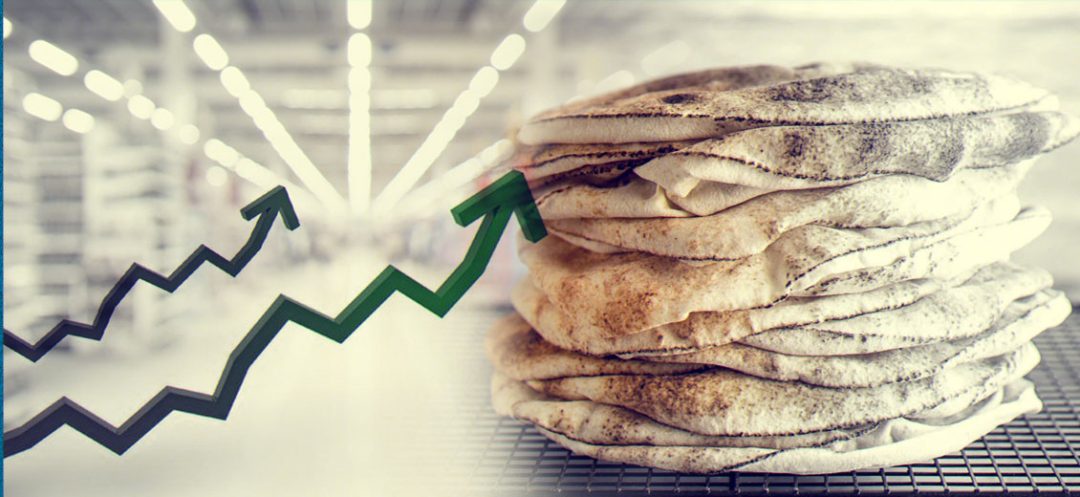Listen to the article
For several weeks, rumors have been spreading about a significant increase in the price of the “rabta”of bread (bundle in Arabic), causing concern. Most Lebanese rely heavily on bread as a staple food, due to the economic crisis. What is the truth behind these rumors? This is Beirut takes a closer look.
For the past few weeks, rumors have been circulating about a substantial increase of around 50,000 Lebanese pounds or more in the price of the “rabta” of bread. This has caused alarm in a large portion of the population who, due to the ongoing economic crisis since 2019, rely heavily on bread as a staple food. This wave of panic arises as the World Bank’s support for wheat imports has come to an end.
However, Caretaker Minister of Economy and Trade Amin Salam reassures This is Beirut that this is not the case. He asserts that the quantities of wheat subsidized by the World Bank are adequate until October. Salam explains that the gradual and thoughtful phase-out of the subsidy, supported by a $150 million loan from the World Bank, has been designed to minimize its impact on citizens. “We have carefully managed the subsidy,” he emphasizes. Salam goes on to clarify that by October, when the wheat purchased through the World Bank loan is exhausted, citizens will either not perceive a significant difference or may experience a slight increase of about 10,000 Lebanese pounds. He notes, however, that while wheat affects part of the bread price, other factors also influence its cost.
He also disclosed that a shipment of 65,000 tons of wheat is due to be delivered to the port of Beirut shortly. He also reassured that the subsidy will transition into support provided by the Lebanese government to the most vulnerable people. “It will be targeted assistance,” he affirmed.
Salam recalls that the subsidy agreement was reached nearly two months after negotiations began with the World Bank delegation, in Lebanon, in May 2022. These discussions were prompted by the Russian offensive in Ukraine and global fears of a wheat crisis, especially in Lebanon, which heavily relies on Ukrainian wheat imports. The conflict in Ukraine, combined with Lebanon’s economic and financial collapse, increased the risks of a local food crisis. The World Bank proposed this subsidy as an initial measure to “prevent short-term disruptions in wheat supply and ensure affordable bread for the Lebanese.”
The “rabta” at around 70,000 Lebanese pounds
Antoine Seif, President of the Union of Bakery Owners in Mount Lebanon, reassured This is Beirut that wheat subsidized by the World Bank through a loan to the Lebanese government will remain available until early October. He emphasized that after this period, the price of the “rabta” will stabilize around 70,000 Lebanese pounds, avoiding any significant spikes. Seif highlighted that bread prices have already increased by 5,000 Lebanese pounds in the past week alone, driven by global hikes in wheat costs.
Seif pointed out that currently, the wheat subsidy is set at 40%. He further explained that the price of bread reflects not only wheat but also sugar, yeast, water, labor, fuel oil, electricity, and plastic (for packaging). As a result, bread prices are sensitive to fluctuations in oil prices, broader inflation, and increasing government taxes.





